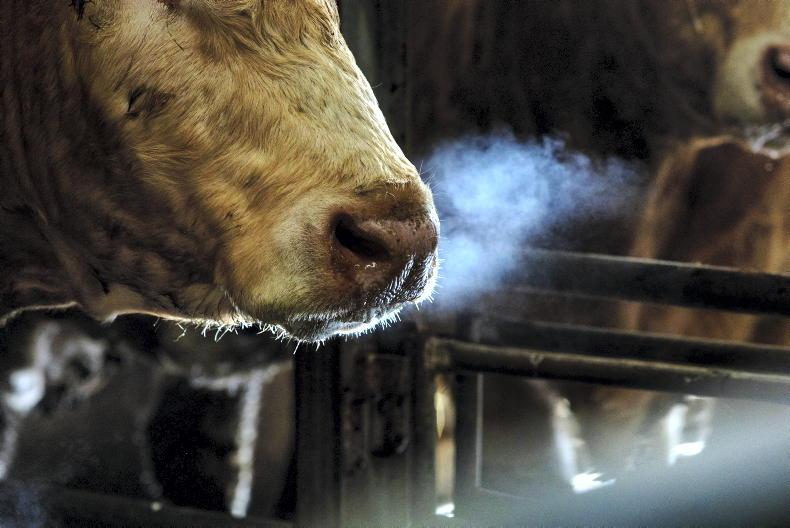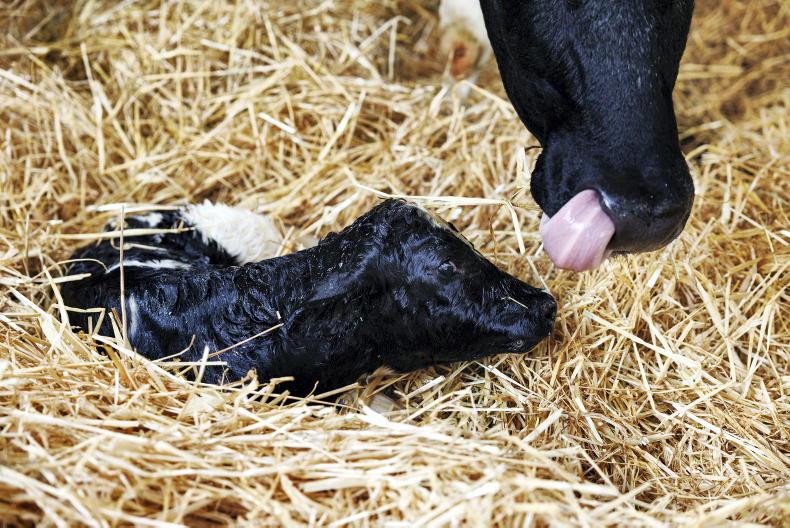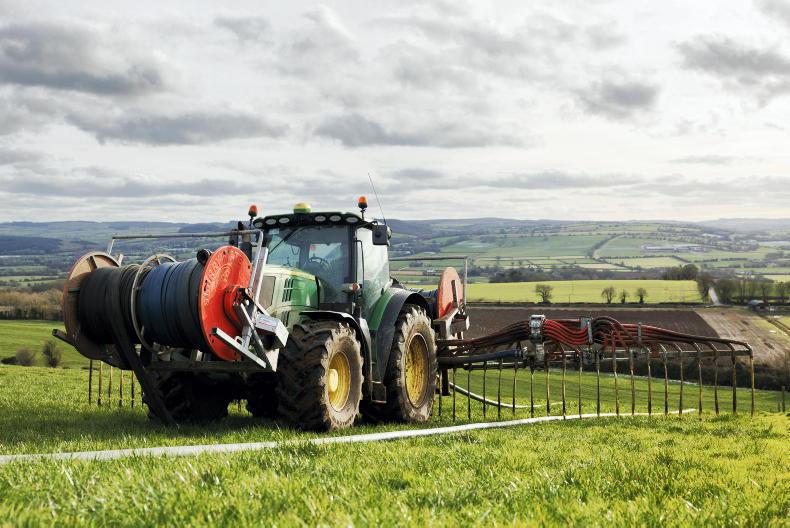There was a 70% drop in the number of farmers requesting and receiving a special licence from the Department of Agriculture to bury dead livestock on their farms between 2018 and 2022.
Some 3,340 livestock have been buried on farms across the country since 2018. In 2018, 1,045 animals were buried on farms, while this number fell to 311 last year.
Clare had the largest number of animals buried at 671 over the last five years. It was followed by Limerick with 649 and Cork with 442.
Several counties saw no livestock buried last year, including Kilkenny, Longford, Offaly, Roscommon and Tipperary.
Only one county had an increase in animals being buried in 2022; that was Westmeath, which saw 55 animals buried last year compared with just two in 2021.
Derogation
Under EU law, category one material - that is carcases, hides and skins, which are free from BSE and scrapie - can be burned or buried on site, under derogation.
“In order to avail of this derogation, the areas in which burial may take place must be identified and designated as ‘remote areas’ as defined in the same regulation,” a Department spokesperson told the Irish Farmers Journal.
A remote area means an area where the animal population is so small and where disposal establishments or plants are so far away that the arrangements necessary for the collection and transport of animal by-products would be unacceptably onerous compared with local disposal.
Cattle farmers must apply to the Department of Agriculture for a burial licence.
No licence
Occasionally, the Department said that it may encounter cases where carcases are not sent to the knackery and a licence has not been applied.
“When these cases are identified, they are dealt with on a case-by-case basis, [the Department] then seeks to ensure that carcases in these cases are disposed of correctly.”
The Department said it does not keep a record of prosecutions specifically related to failure to correctly dispose of animals and that these cases are often linked to other charges related to animal welfare.









SHARING OPTIONS